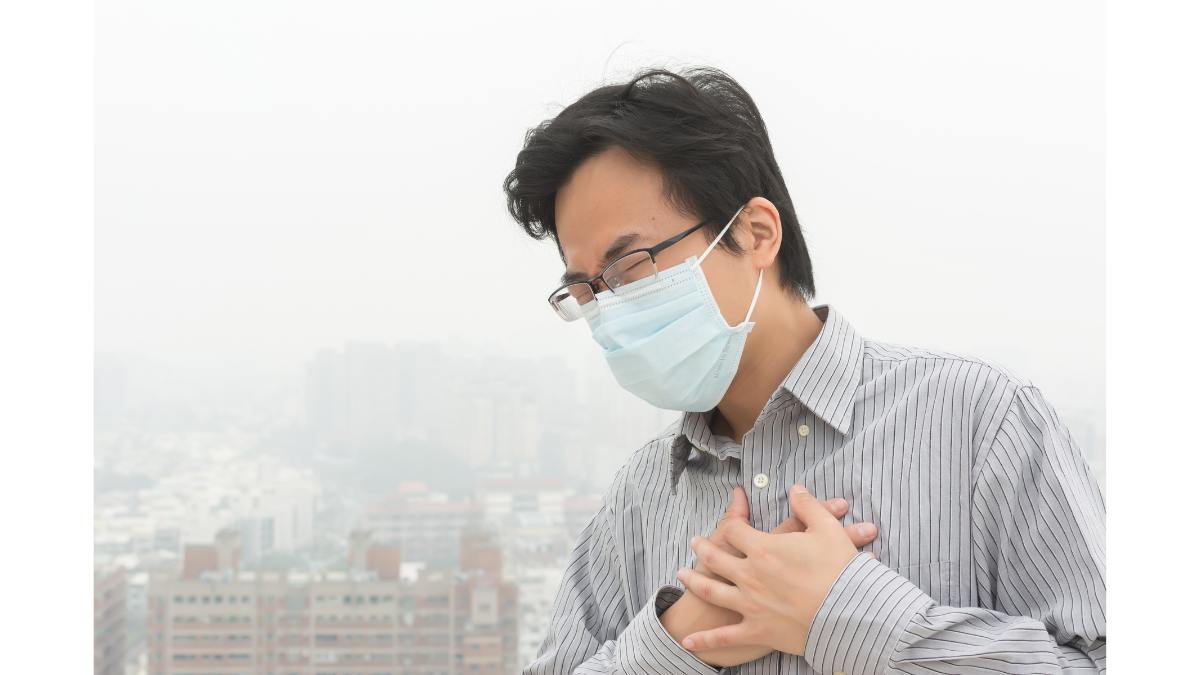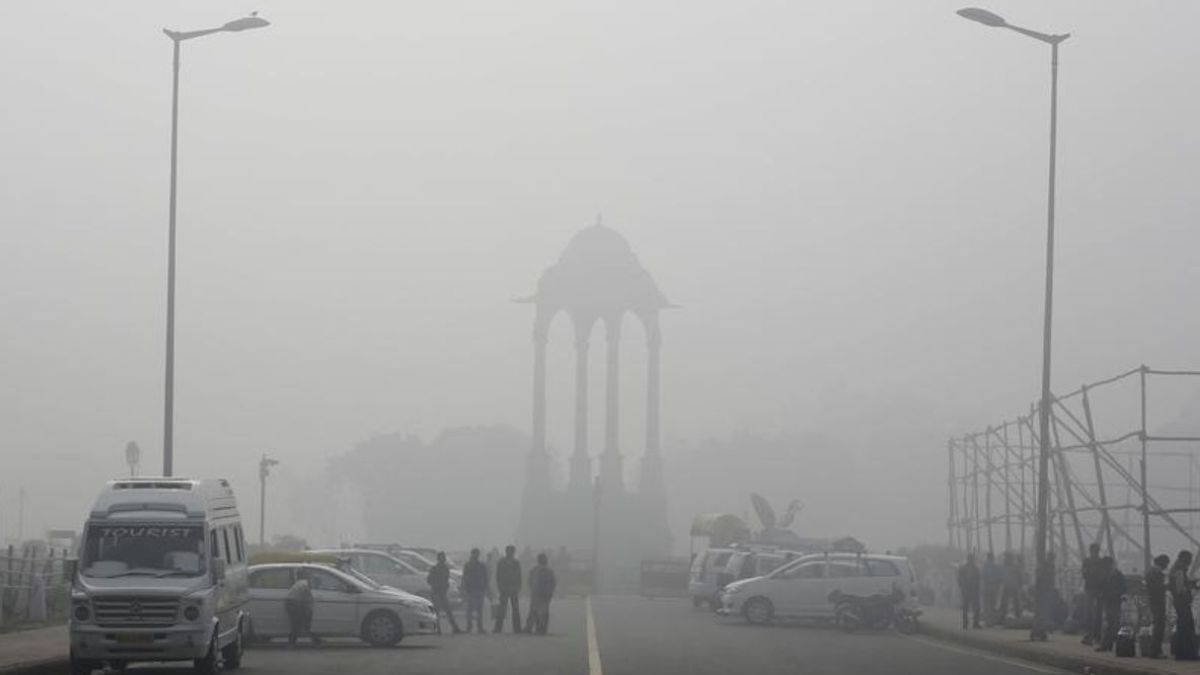- By Prerna Targhotra
- Mon, 30 Oct 2023 02:53 PM (IST)
- Source:JND
Air Pollution And COPD: Delhi and other cities including Noida and Gurugram are grappling with ‘Very Poor’ to ‘Poor’ air quality, with air quality index (AQI) ranging from 314 to 324. This is an alarming situation and has raised health concerns for Delhiites. People in the National capital are waking up to breathing problems and bad air quality while continuing to battle against deteriorating air pollution.
Air pollution can worsen the health of individuals by raising the concern of cough, cold, breathing problems, respiratory problems, heart diseases and lung cancer. In some instances, air pollution is also linked to increasing chances of Chronic Obstructive Pulmonary disease (COPD).
While explaining about the relationship between air pollution and COPD, Dr Vigyan Mishra, Chief of Lab-Neuberg Diagnostics, Noida said that air pollution exposure is a significant risk factor for COPD, a chronic respiratory condition that includes chronic bronchitis and emphysema.
Watch the video below about vitamins to eat to protect lungs from air pollution:
According to Dr Mishra, long-term exposure to pollutants like fine particulate matter (PM2.5), nitrogen dioxide (NO2), and volatile organic compounds can have detrimental effects on lung health. Here are some key points on how air pollution increases the risk of COPD and essential tests for lung health.
ALSO READ: Delhi's Air Quality Worsens: 5 Diseases Caused By Air Pollution And How To Protect Yourself
Can Air Pollution Exposure Increase The Risk Of COPD
Inhalation of Harmful Particles
Air pollutants can penetrate deep into the respiratory system, leading to inflammation and irritation in the airways. This chronic irritation can contribute to the development of COPD.
Oxidative Stress
Pollutants can also generate oxidative stress in the lungs, damaging lung tissue and exacerbating the inflammatory response, further increasing the risk of COPD.
Reduced Lung Function
Prolonged exposure to air pollution is associated with decreased lung function, which is a hallmark of COPD. Individuals with reduced lung function are at higher risk of developing the disease.
Testing for Lung Health

Air pollution is a host of several health conditions (Image Credits: Canva)
According to Dr Mishra, to assess lung health and diagnose conditions like COPD, several essential tests are available.
Spirometry
This test measures lung function by assessing how much air a person can exhale in one second (FEV1) and the total lung capacity (FVC). It can help diagnose COPD and determine its severity.
Chest X-rays
These can reveal structural abnormalities in the lungs, providing valuable information about conditions like emphysema.
Arterial Blood Gas (ABG) Test
ABG measures the oxygen and carbon dioxide levels in the blood, helping to assess how well the lungs are functioning in gas exchange.
CT Scans
High-resolution CT scans are more detailed than X-rays and can help identify lung damage, and emphysema, and assess the extent of the disease.
Dr Mishra said that to reduce the risk of COPD related to air pollution, individuals can take steps to limit exposure, such as staying indoors on days of high pollution, using air purifiers, and advocating for cleaner air policies.
(Disclaimer: This article is for informational purposes only. It is not a substitute for professional advice, diagnosis or treatment.)

